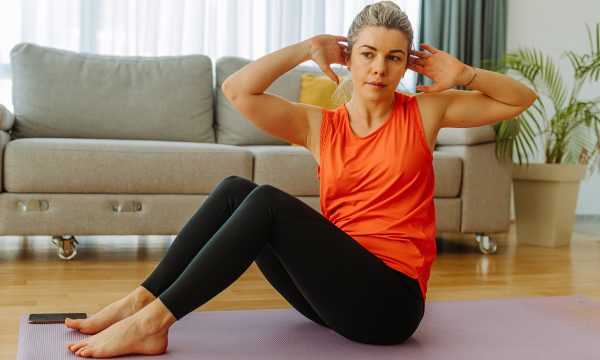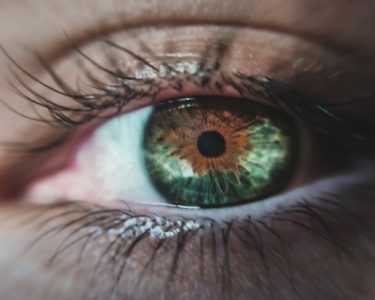Exercise can assist burn calories by working the muscles. Any movement the body does throughout the day falls under this category. Although exercising is among the greatest physical Exercise, not all physical activities may be classified as exercises. Exercise is a deliberate, regimented, and repetitive action that promotes or preserves physical fitness.
Benefits of Exercising
The Center for Disease Control states that engaging in regular physical Exercise helps to improve general health and fitness, which in turn lowers the risk for various chronic diseases. Here are a few advantages of regular exercise.
1. Controls weight
Regular exercise aids in weight maintenance and the prevention of excess weight gain. Any physical Exercise can help someone lose weight by burning calories. You burn more calories when you engage in more vigorous exercise.
A excellent place to physically exert yourself is the gym. It is important to remember that any action is preferable to none at all. Therefore, it is advised to become more active throughout the day in order to maximise the benefits of exercise. You can modify your way of living by, for instance, using the stairs instead of the elevator or working harder on your housework. The importance of consistency cannot be overstated.
2. Exercise can reduce your risk of chronic disease
The two health issues that practically everyone in their family has are heart disease and high blood pressure. Exercise increases the “good” cholesterol known as high-density lipoprotein (HDL) and lowers the bad cholesterol known as triglycerides. This two-pronged attack maintains a healthy blood flow, which significantly reduces the risk of cardiovascular diseases.
Regular exercise aids in controlling and preventing a variety of health issues, such as:
- Stroke
- Metabolic syndrome
- Type 2 diabetes
- Depression
- High blood pressure
- Anxiety
- Arthritis
- Several types of cancer
3. Promotes better sleep
Everybody has trouble using the snooze button. Regular physical activity aids in improving and speeding up sleep. Deep sleep can also be attained through exercise. To avoid becoming too energised before fall asleep, avoid exercising too close to bedtime.
According to the National Sleep Foundation, being physically active is crucial to ensuring a restful night’s sleep. Actually, an investigation at Northwestern University found that aerobic activity can lessen insomnia. Regular exercisers reported consistently better sleep quality and less daytime tiredness compared to those who did not exercise at all.
The basic line is that physical Exercise and exercise are fantastic methods to feel better, improve your health, and have a good time. But remember to see your doctor before beginning a new exercise regimen, especially if you have any worries about your health or haven’t worked out in a while or at all. If you experience chronic health issues like heart disease, diabetes, or arthritis, you should always see a doctor.
4. Exercise boosts energy
Tired from doing housework or grocery shopping? Your muscle strength and endurance can both increase with regular exercise.
Exercise helps your circulatory system function more effectively and distributes oxygen and nutrients to your tissues. Additionally, you have greater energy to complete daily tasks as your heart and lung health improves.
5. Exercise promotes better sleep
Struggling to fall asleep? You can sleep better, deeper, and fall asleep more quickly if you exercise regularly. Just remember to avoid exercising right before bedtime if you don’t want to be too stimulated to sleep.
6. Exercise puts the spark back into your sex life
Do you feel too worn out or unfit to appreciate intimate physical contact? Regular exercise can increase your energy levels and confidence in your physical attractiveness, which could enhance your sex life.
However, there is more to it than that. Regular exercise may increase arousal in women. Additionally, guys who frequently exercise are less likely than those who don’t to experience erectile dysfunction issues.




